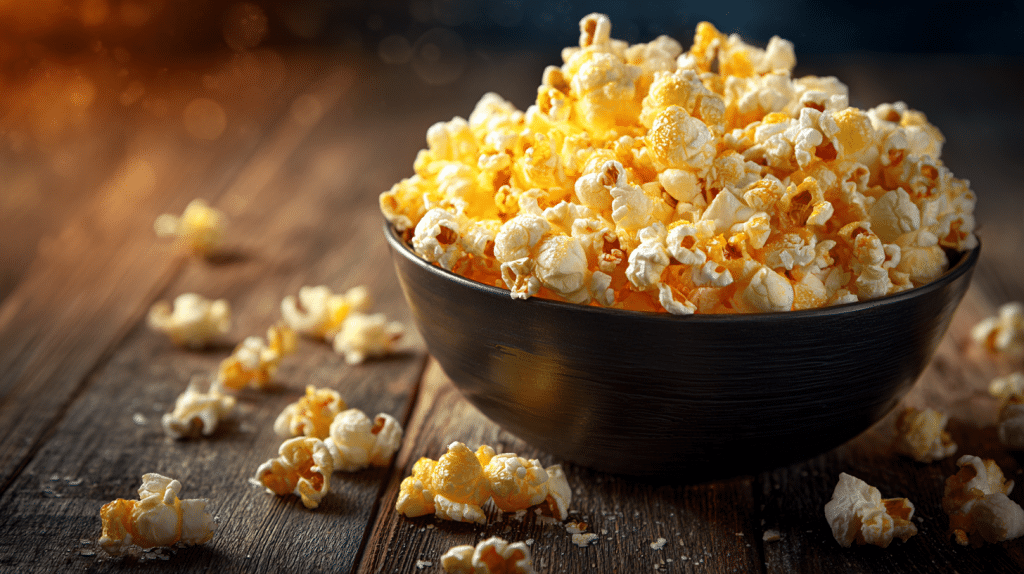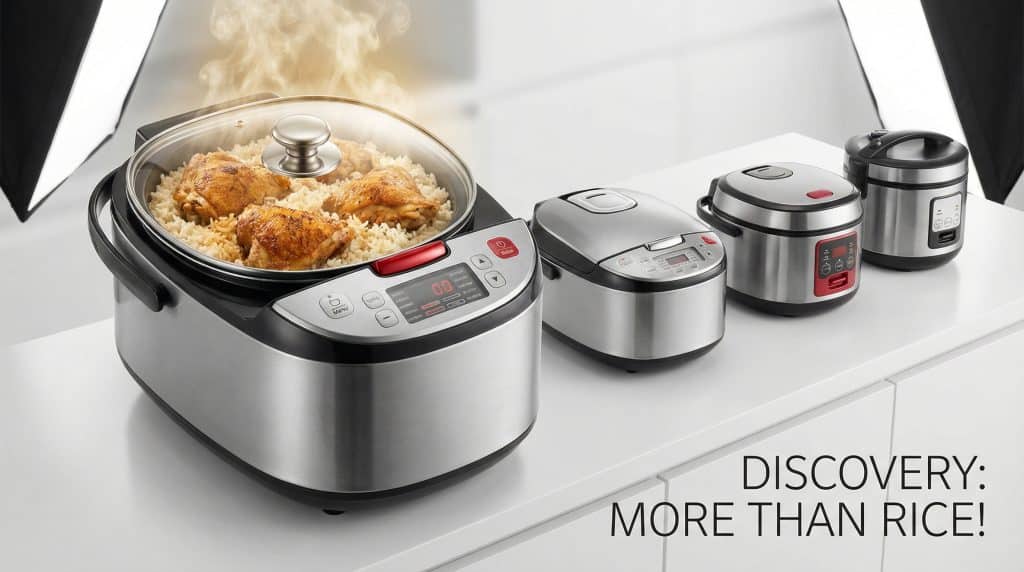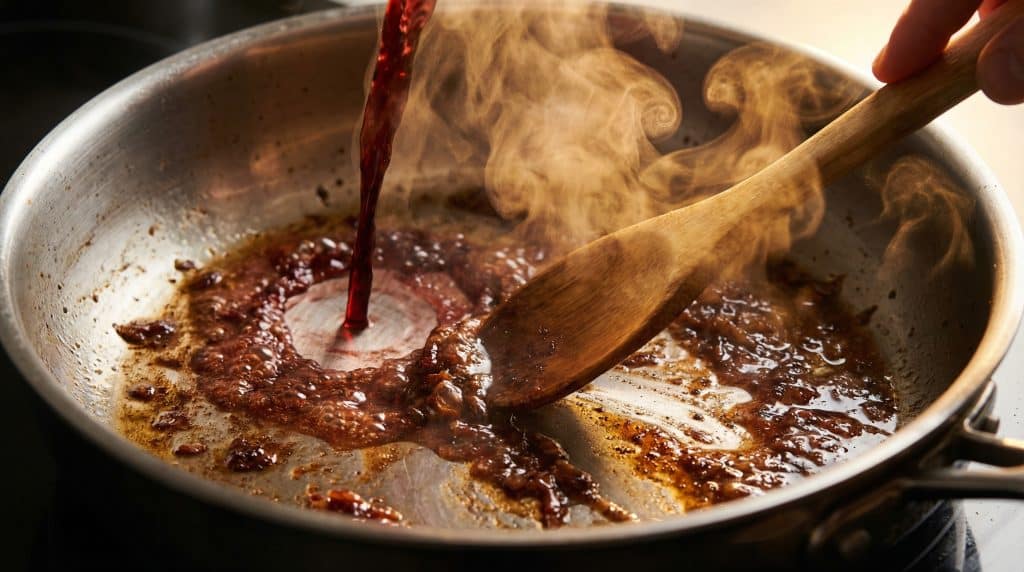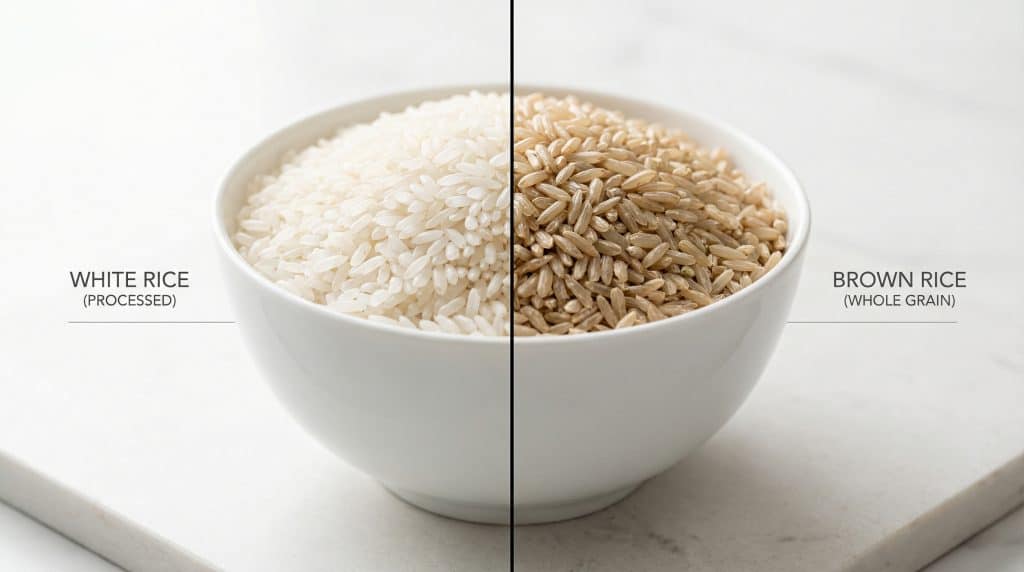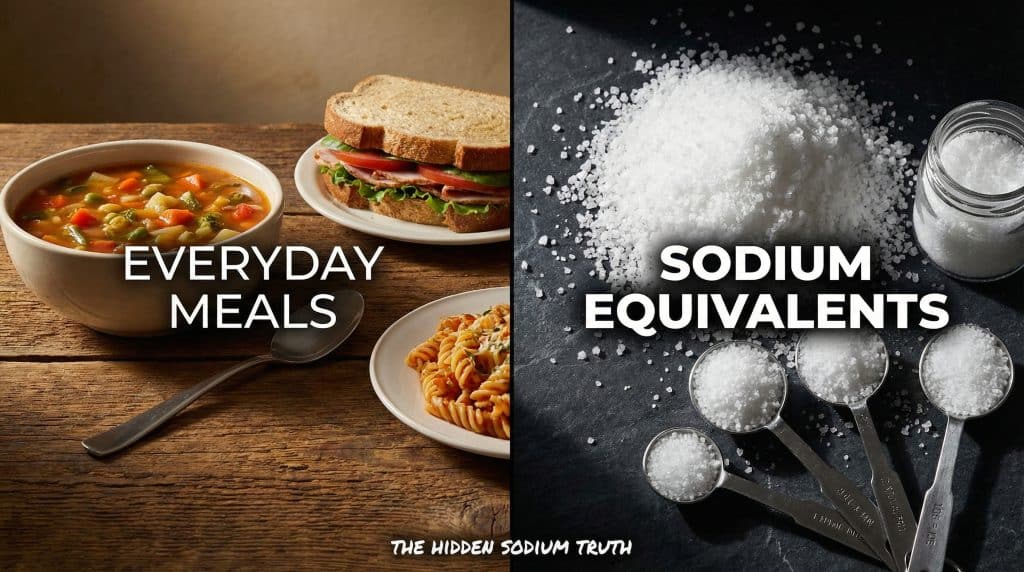Reaching for buttered popcorn at a movie night and wondering if this snack will derail your carb-counting efforts?
Understanding exact carbohydrate content becomes crucial for anyone tracking daily intake, managing diabetes, or following ketogenic eating plans.
The carb content varies significantly depending on preparation methods, portion sizes, and added seasonings.
This guide examines the precise carbohydrate content of buttered popcorn, compares homemade versus commercial options, and provides strategies for enjoying this treat while staying within dietary parameters.
What Does “Popcorn with Butter” Actually Mean?
Understanding different types of buttered popcorn explains varying carbohydrate counts across nutrition databases.
Air-popped popcorn with added melted butter represents the homemade approach, where plain kernels are popped using hot air and topped with real melted butter.
This method provides control over ingredients and typically results in lower carbohydrate content since no additional sugars or seasonings are added.
Commercial pre-popped buttered popcorn contains more than popcorn and butter. These products frequently include artificial butter flavoring, preservatives, additional oils, and sometimes hidden sugars or corn syrup that increase carbohydrate content beyond plain popcorn levels.
Pure butter contains virtually no carbohydrates (less than 0.1 grams per tablespoon), so carbs in buttered popcorn come from corn kernels and any additional seasonings used in commercial preparations.
Carbohydrate Content and Factors in Buttered Popcorn

Understanding carbohydrate variations helps with accurate carb tracking and portion planning. Multiple factors influence the final carb content beyond the base corn kernels.
1. Homemade Air-Popped Varieties
Homemade air-popped popcorn with melted butter contains approximately 5-6 grams of total carbohydrates per cup, with 4-5 grams of net carbohydrates.
Large servings significantly increase totals, with 3 cups providing 15-18 grams of total carbohydrates. Pure butter adds virtually no carbohydrates to the total count.
2. Commercial Pre-Popped Options
Commercial pre-popped buttered popcorn typically contains 9-10 grams of total carbohydrates per 2-cup serving, with 7-8 grams of net carbohydrates.
The higher carb count reflects added seasonings, oils, or flavor enhancers used in commercial processing. Theater-style portions easily exceed 20-25 grams of carbs due to larger serving sizes.
3. Hidden Carbohydrate Sources
Commercial seasonings represent the primary source of “hidden” carbohydrates in store-bought varieties. These additives include sugar, corn syrup solids, and maltodextrin that boost final carb counts.
Artificial butter flavorings can add 2-4 additional grams of carbohydrates per serving compared to homemade versions.
4. Serving Size Impact
Serving size variations create dramatic differences in total carb intake. The difference between a 1-cup serving and a large movie theater portion can represent 15-20 additional carbohydrates.
Measuring servings carefully helps prevent unintentional overconsumption of carbohydrates.
Nutritional Profile Comparison
Understanding the complete nutritional picture helps evaluate buttered popcorn within broader dietary contexts. The macronutrient balance varies between preparation methods and serving sizes.
| Serving Size | Total Carbs | Net Carbs | Protein | Fat | Calories |
|---|---|---|---|---|---|
| 1 cup homemade (air-popped + butter) | 5-6g | 4-5g | 1g | 3-4g | 45-55 |
| 2 cups store-bought buttered | 9-10g | 7-8g | 2g | 6-8g | 90-120 |
| 3 cups homemade (large serving) | 15-18g | 12-15g | 3g | 9-12g | 135-165 |
Fiber content in popcorn, while modest at 1 gram per cup, provides digestive benefits and helps moderate blood sugar response compared to refined snacks with similar carbohydrate content.
Health Benefits of Buttered Popcorn
Despite being a snack food, buttered popcorn offers nutritional advantages when consumed in appropriate portions.
These benefits stem from whole grain composition and minimal processing in homemade preparations.
Popcorn qualifies as a whole grain food, providing all parts of the corn kernel, including fiber-rich bran and nutrient-dense germ.
This contributes antioxidants, particularly polyphenols, which support cellular health and may help reduce inflammation.
Air-popped preparation requires no added oils, keeping the base snack relatively low in calories while providing satisfying volume and crunch.
Best Practices for Lower-Carb Buttered Popcorn
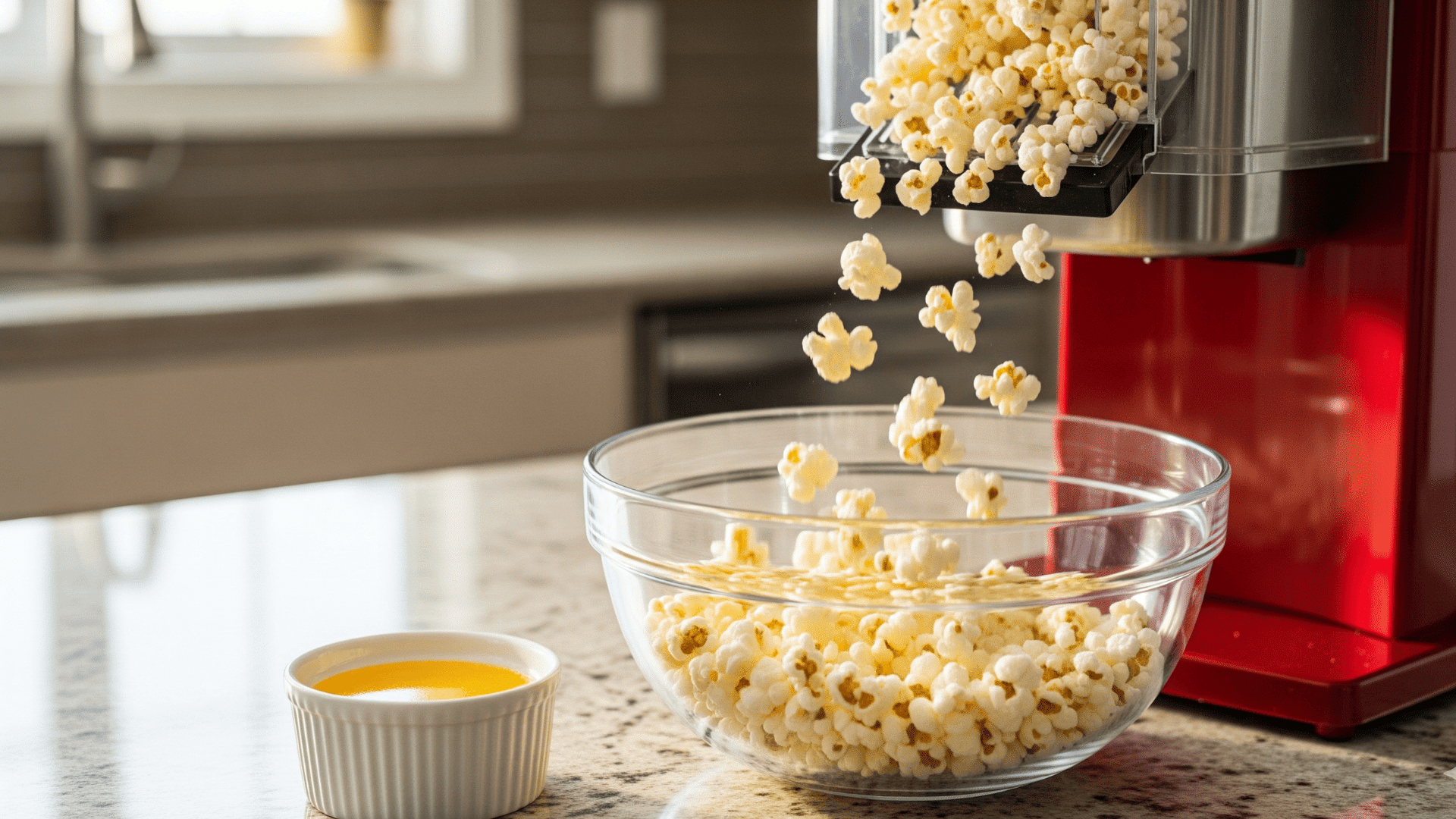
Strategic preparation and consumption techniques help minimize carbohydrate impact while maximizing satisfaction and nutritional benefits.
- Control portion sizes: Measure servings carefully using measuring cups rather than estimating, as popcorn volume can be deceiving and lead to unintentional overconsumption.
- Choose air-popped preparation: Make popcorn at home using air-poppers or stovetop methods to avoid hidden carbs from commercial oils and seasonings.
- Use real butter sparingly: Add melted butter in measured amounts rather than pouring freely, controlling both fat and calorie content while maintaining flavor.
- Read nutrition labels carefully: Compare different commercial brands, as carb content varies significantly between manufacturers and product lines.
- Avoid flavored varieties: Skip kettle corn, caramel corn, and cheese-flavored options that add substantial carbohydrates through sugars and starches.
Comparing Popcorn to Other Snack Options
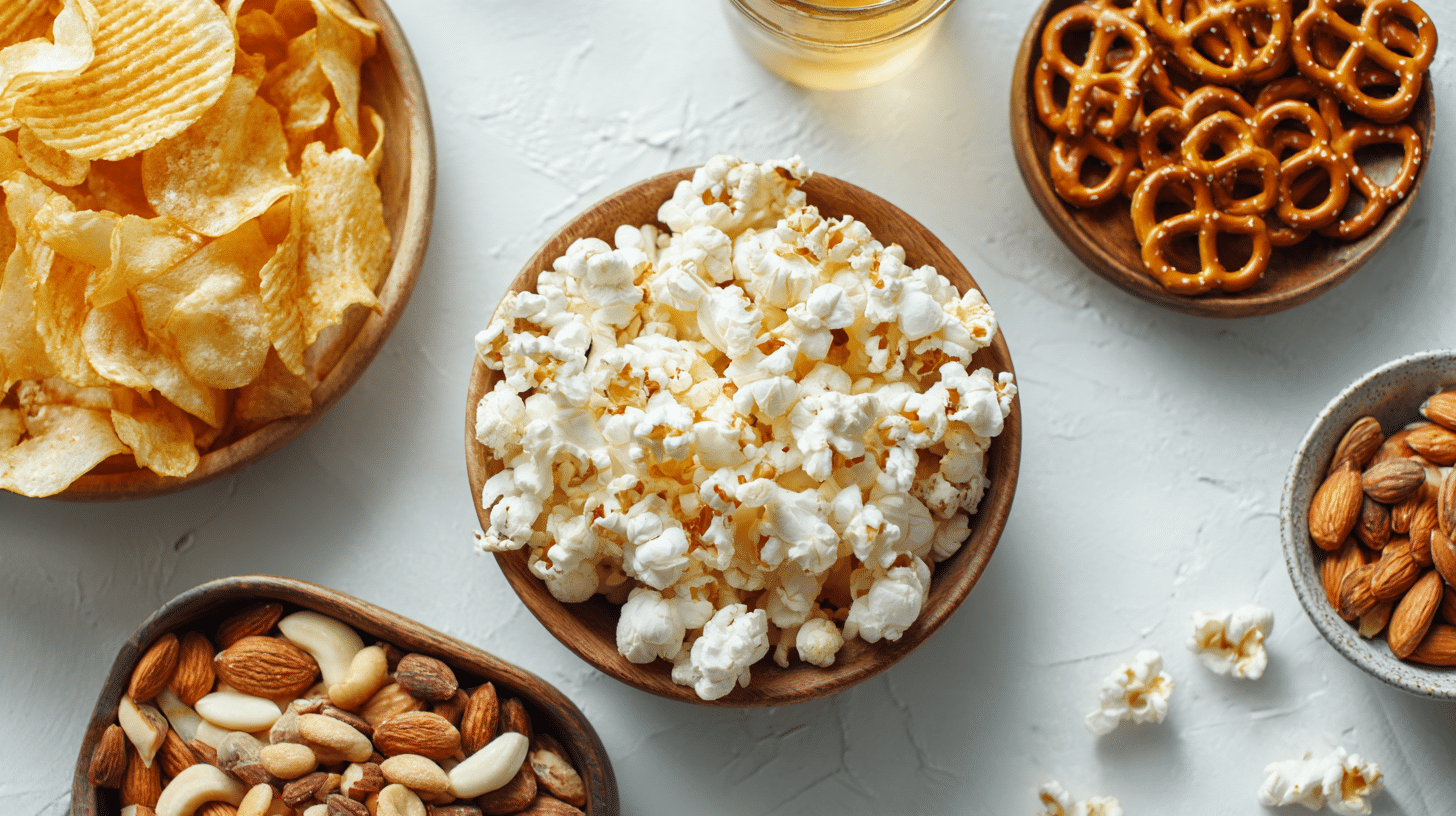
Understanding how buttered popcorn compares to alternative snacks helps contextualize its place in healthy eating patterns. These comparisons consider carbohydrate content and overall nutritional value.
| Snack Option | Serving Size | Calories | Total Carbs | Net Carbs | Fiber | Protein | Fat |
|---|---|---|---|---|---|---|---|
| Buttered Popcorn (homemade) | 3 cups | 135-165 | 15-18g | 12-15g | 3g | 3g | 9-12g |
| Potato Chips | 1 oz (28g) | 150-160 | 15g | 14g | 1g | 2g | 10g |
| Pretzels | 1 oz (28g) | 110-120 | 22-25g | 21-24g | 1g | 3g | 1g |
| Crackers (wheat) | 16 pieces | 130-140 | 20g | 18g | 2g | 3g | 5g |
| Mixed Nuts | 1 oz (28g) | 170-180 | 6g | 4g | 2g | 6g | 15g |
| Rice Cakes | 2 cakes | 70-80 | 16g | 15g | 1g | 1g | 1g |
The comparison reveals popcorn’s superior volume-to-carbohydrate ratio, providing significantly more food volume for similar or fewer carbs than most alternatives.
Conclusion
Buttered popcorn contains approximately 5-6 grams of carbohydrates per cup when made at home with air-popped kernels and real butter.
The butter itself contributes virtually no carbohydrates, with all carb content coming from corn kernels and commercial additives.
As a whole grain snack with moderate carbohydrate levels and satisfying volume, buttered popcorn can fit into most healthy eating approaches when consumed mindfully and prepared using quality ingredients.
Share your favorite low-carb popcorn preparation tips in the comments below to help others enjoy this satisfying snack while staying on track with their dietary goals.







